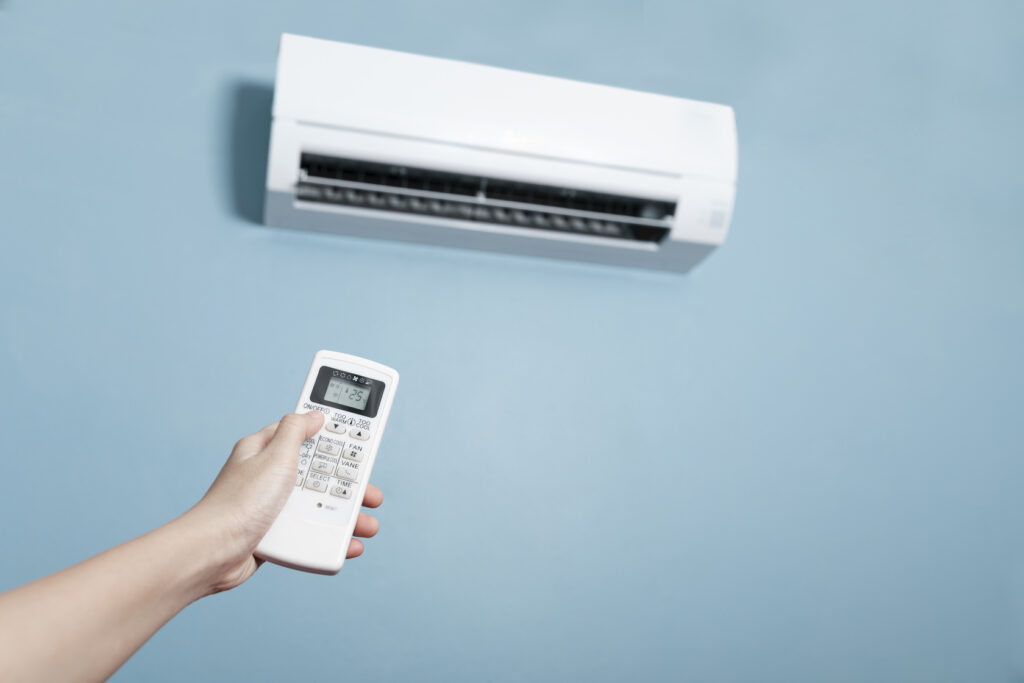An air conditioner’s isolator is essential for keeping air conditioner systems operational in the event of a power outage. The isolator functions as turning off the AC’s power supply in the event of an electrical fault. This component is essential in preventing damage to the air conditioner and the electrical system in the building from power surges and fluctuations. That’s why it’s important to have a professional like airconservicing.org install it.
The air conditioner’s longevity and continued reliable performance after power is restored are both aided by the isolator’s removal of the unit from the main power supply during blackouts. The air conditioner’s isolator is a solid safety measure that improves the robustness and lifespan of AC units as a whole. For more, visit marvellous.
1. Safety:
There is the issue of safety, as the restoration of power can be accompanied by electrical surges or oscillations. Damage to air conditioners and other electrical appliances is possible during these surges. You may prevent electrical problems with your air conditioner by utilizing an isolator to cut power to it during a blackout.
2. Avoiding an Excess Of Power Usage:
Avoiding an electrical spike caused by several appliances and devices turning on at once when the power has been restored following an outage. This spike has the potential to overwhelm the power grid. After the supply of electricity comes back, you can prevent a circuit overload by turning off the air conditioner using an isolator.
3. Load Management:
Problems with the power grid or a lack of power supply might result in blackouts. Rolling blackouts and load shedding are two methods utility companies use when there is a mismatch between electricity demand and supply. By turning off your cooling system during certain times, you’ll assist stabilize the power grid as well as prevent widespread outages.
4. Temporary Suspension of Operations:
In the case that the air conditioner experiences a malfunction or another circumstance that may pose a risk to safety, it may be important to switch it off immediately. With the assistance of an isolator, turning off the power supply to the air conditioner can be done in a brisk manner and with little effort in the event of an unexpected emergency.
5. Repairs and Servicing:
As a precaution against getting shocked by live wires, always turn off the power to the air conditioner before working on it. Maintenance and servicing helps to ensure the safety of the professionals working on the unit, an isolator disconnects it from the power supply.
6. Reducing Consumption of Energy
When the cooling system is not being used, you can cut electricity to it using an isolator, which will help you save money on your electric bill. This comes in handy in situations in which the air conditioner won’t be utilized for an extended period of time
7. Troubleshooting of the System:
During the process of troubleshooting or diagnosing electrical issues, employees can use an isolator to easily disconnect the power supply to the air conditioner. This makes it much easier to discover the cause of the issue and make the necessary repairs.
8. Observance of Regulations Governing Electrical Systems:
Having an isolator and disconnect switches installed for air conditioners is often necessary to comply with electrical rules and regulations. In accordance with the specific requirements of local building rules and regulations, the isolator guarantees that the cooling system can be safely detached from the power supply as needed.
9. Fire Safety:
In the event of a crisis, such as a fire, an isolator for the cooling system allows for the speedy disconnection of the power supply to the cooling system. This helps to reduce the possibility of electrical hazards and contributes to the successful containment of the fire.
10. Protection for the System During Voltage Changes:
Power outages and electrical grid problems are two causes of voltage fluctuations, which necessitate system protection. The air conditioner can be safeguarded by an isolator from abrupt voltage fluctuations that could otherwise damage its components.
11. Effortless Access for the Staff Responsible For Maintenance:
In most cases, the air conditioner isolator will be positioned in a spot where service technicians will have no trouble getting to it. During maintenance or repairs, power may be safely and quickly cut off thanks to this easy access.
12. Energy Management:
Energy management is another function available on some isolators; these include built-in timers and programmable controls. With the help of these options, power costs may be minimized and energy consumption optimized by regulating how often the air conditioner runs and for how long.
13. Coupling With building Control and Automation Systems:
Isolators for air conditioning can be hooked into a central structure management system, allowing for centralized monitoring and management of all of the building’s systems from a single place. The utilization of the HVAC system, its performance, and the efficiency with which it is managed are all improved by remote oversight and surveillance of the isolators.


